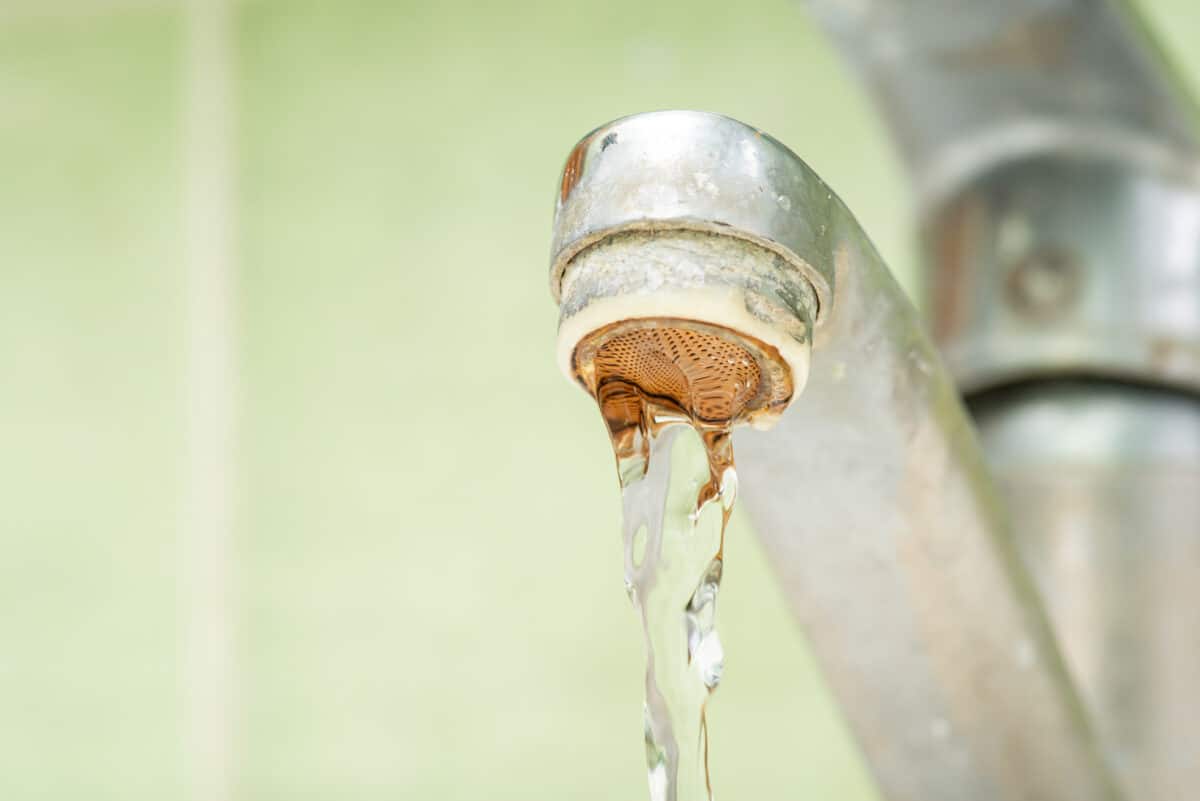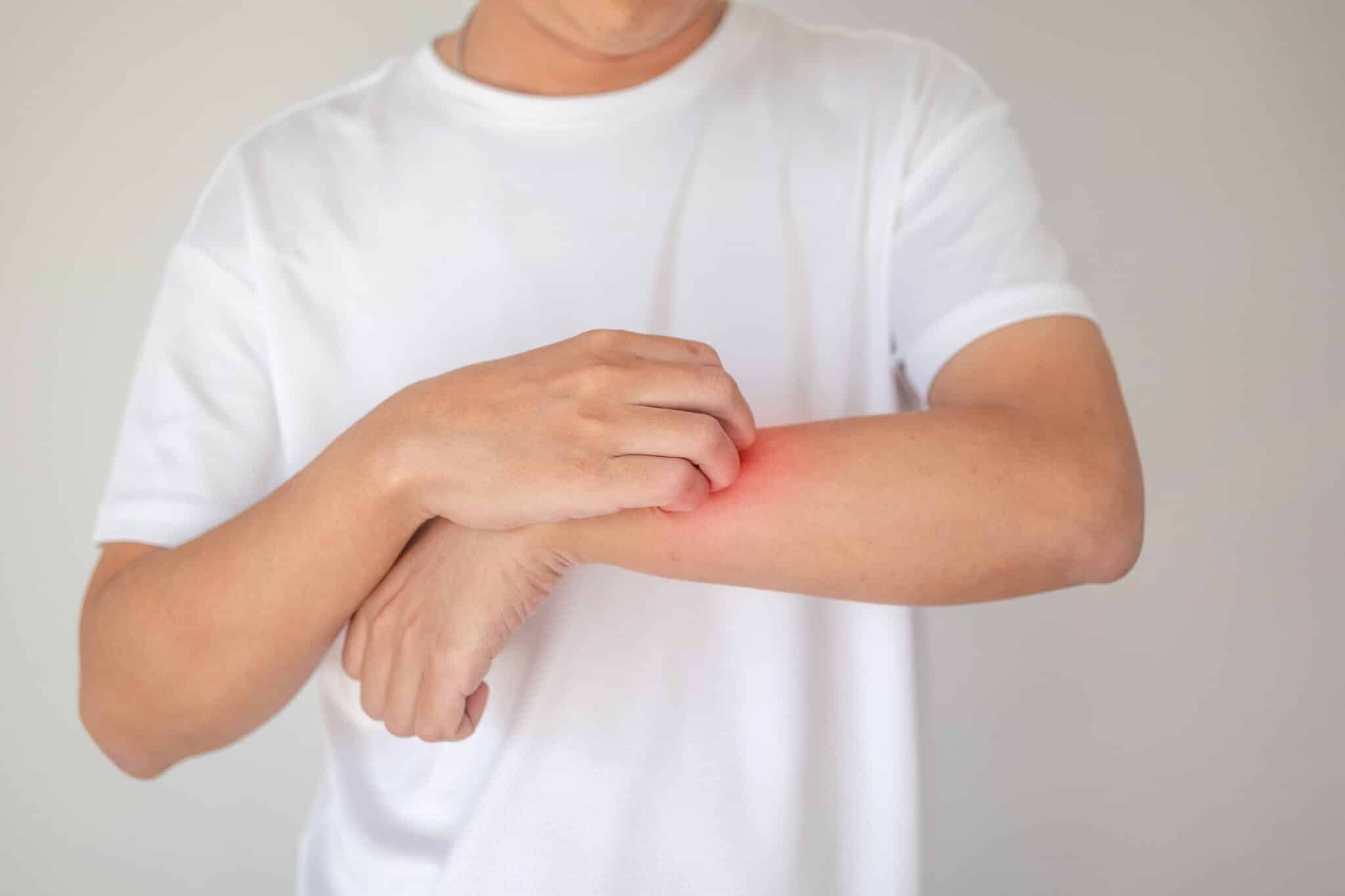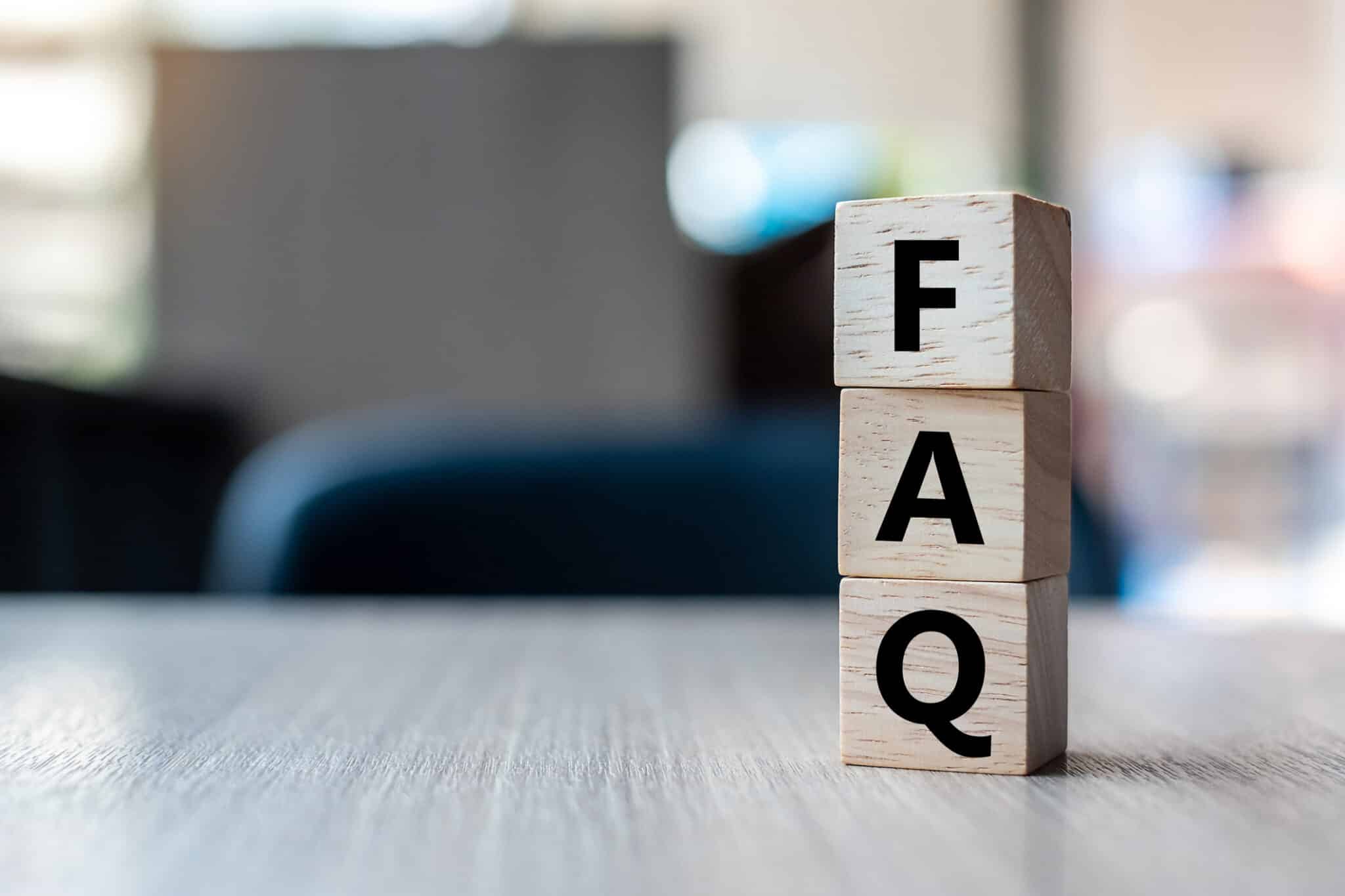Top 5 Signs of Hard Water Damage

- Hard water contains high levels of calcium and magnesium, causing problems in your home.
- Metallic taste in drinking water is a common sign of hard water.
- Low water pressure may result from mineral build-up in pipes, especially in areas like Bullhead City, AZ.
- Limescale deposits on fixtures and appliances reduce efficiency and lifespan.
- Hard water leads to dry, itchy skin and dull, brittle hair due to its mineral content.
- Addressing hard water issues early prevents costly damage to your home and plumbing.
Have you ever noticed white spots on your dishes or a strange taste in your tap water?
If so, you might be dealing with hard water. But what exactly is it? Hard water is water that contains high levels of dissolved minerals, particularly calcium and magnesium. When water passes through limestone, chalk, or gypsum deposits, it picks up these minerals. As a result, the water becomes “hard.” While not harmful to your health, hard water can cause a range of problems for your home, particularly for your plumbing and appliances.
Understanding what hard water is and how it affects your home is crucial. Hard water can cause everything from limescale build-up in your pipes to reduced efficiency in your water heater.
Common Causes of Hard Water
Wondering why your water is hard? Hard water typically forms when groundwater flows through rock formations rich in minerals like calcium and magnesium. The most common sources include:
- Limestone and Chalk: These are the primary contributors. As water moves through these rock layers, it absorbs calcium carbonate, which increases water hardness.
- Gypsum Deposits: Gypsum, another mineral, adds both calcium and sulfate to the water, further contributing to hardness.
- Municipal Water Supplies: Even treated water can be hard. In some regions, the water treatment process doesn’t remove all minerals, leaving you with hard water straight from the tap.
In Bullhead City, AZ, hard water is often a result of the natural geography. The area’s water supply comes from sources that flow through mineral-rich soil and rock, leading to higher levels of dissolved calcium and magnesium. This makes it common for residents to experience issues related to hard water.
Understanding the common causes of hard water can help you better manage its effects in your home. By knowing what’s behind the problem, you’re better equipped to find solutions, whether through water treatment options or preventative measures.
How Hard Water is Measured
Ever wondered how hard water is measured? Understanding this can help you gauge how serious the issue is in your home.
Water hardness is typically measured in grains per gallon (GPG) or parts per million (PPM). These units indicate the concentration of dissolved minerals in the water.
- Grains per Gallon (GPG): One grain of hardness equals 1/7000th of a pound of dissolved calcium and magnesium in a gallon of water.
- Parts per Million (PPM): This measures the number of milligrams of calcium carbonate in one liter of water.
Here’s a quick reference to water hardness levels:
- 0-3 GPG (0-50 PPM): Soft Water
- 3-7 GPG (51-120 PPM): Moderately Hard Water
- 7-10 GPG (121-180 PPM): Hard Water
- Over 10 GPG (Over 180 PPM): Very Hard Water
In Bullhead City, AZ, water often falls into the “hard” or “very hard” category, making it essential to measure your water’s hardness regularly. Knowing your water hardness level helps you determine whether you need a water softener and what type would be most effective.
Accurately measuring your water’s hardness ensures you choose the right solution for your home, protecting your plumbing and appliances from the damaging effects of hard water.

Photo from iStock – Credit: Kwangmoozaa
Signs of Hard Water Damage
Are you starting to see unusual wear and tear around your home? Hard water might be the hidden culprit behind a range of issues affecting your daily life. Here are the detailed signs that hard water could be causing damage:
1. Metallic Taste in Drinking Water
One of the most noticeable signs of hard water is a metallic taste in your drinking water. This occurs when high levels of minerals like calcium, magnesium, and sometimes iron seep into your water supply. These minerals alter the natural taste of your water, leaving it with an unpleasant, metallic flavor. This can make drinking water less enjoyable and may even affect the taste of beverages and foods prepared with tap water.
2. Low Water Pressure in Bullhead City, AZ
Experiencing low water pressure in your home, especially in Bullhead City, AZ? Hard water could be the reason. The minerals in hard water, primarily calcium, and magnesium, can accumulate inside your pipes over time, leading to mineral deposits known as limescale. These deposits gradually narrow the diameter of your pipes, restricting water flow and causing a noticeable drop in water pressure. This issue is particularly frustrating when showering or using multiple faucets at once, as the water flow becomes weak and inconsistent.
3. Limescale Build-up on Fixtures and Appliances
Another clear sign of hard water is the presence of limescale build-up on your plumbing fixtures and household appliances. Limescale is a white, chalky substance that forms when hard water evaporates, leaving behind calcium carbonate. You’ll likely notice it on faucets, showerheads, and inside appliances like kettles, dishwashers, and coffee makers. Over time, limescale can clog aerators, reduce the efficiency of appliances, and even cause permanent damage if not addressed. This build-up can also leave unsightly spots on glassware and dishes, making them appear dirty even after washing.
4. Dry and Itchy Skin after Showering
Do you often experience dry, itchy skin after showering? The minerals in your water can strip your skin of its natural oils, leaving it dry, flaky, and irritated. Unlike soft water, which allows soaps and shampoos to lather easily and rinse off completely, hard water creates a residue that can clog pores and aggravate skin conditions such as eczema. If you frequently feel that your skin is tight or uncomfortable after a shower, it’s worth considering whether your water is the cause.
5. Dull, Brittle Hair: Causes and Solutions
Your hair could also be suffering from hard water. The minerals in hard water can coat your hair, making it dull, brittle, and difficult to manage. Over time, this mineral buildup can weaken hair strands, leading to split ends and breakage. You may notice that your hair feels rougher and is more prone to tangling.
To combat this, you can use a clarifying shampoo to remove the buildup or install a water softener to address the root of the problem. Additionally, incorporating moisturizing treatments can help restore some of the lost shine and softness in your hair. Understanding these signs of hard water damage is crucial for maintaining the health of your home and your well-being. From the taste of your drinking water to the condition of your skin and hair, it can have far-reaching effects that are best addressed sooner rather than later.
Effects of Hard Water on Your Plumbing
Hard water doesn’t just impact your day-to-day life; it can also wreak havoc on your home’s plumbing system. Over time, the minerals in the water can cause significant damage, leading to costly repairs and replacements. Here’s how it affects your plumbing:
1. Pipe Corrosion and Blockages
One of the most serious effects of hard water is pipe corrosion and blockages. As hard water flows through your plumbing, it leaves behind mineral deposits, primarily calcium and magnesium. These deposits gradually build up inside your pipes, reducing their diameter and restricting water flow. This can lead to low water pressure and, in severe cases, complete blockages. Additionally, the accumulation of minerals can accelerate the corrosion of metal pipes, weakening them and increasing the likelihood of leaks or bursts.
2. Increased Wear and Tear on Appliances
Hard water can also cause increased wear and tear on household appliances that use water, such as dishwashers, washing machines, and water heaters. The minerals in hard water can build up inside these appliances, forming limescale on heating elements and other critical components. This build-up makes the appliances work harder to achieve the same results, leading to decreased efficiency and higher energy bills. Over time, the extra strain can shorten the lifespan of your appliances, resulting in more frequent repairs or the need for premature replacement.
3. How Hard Water Can Ruin Your Water Heater
Your water heater is particularly vulnerable to damage from hard water. As the heater warms the water, the calcium and magnesium in the water can precipitate out and form a thick layer of limescale on the heating elements and the bottom of the tank. This limescale acts as an insulating barrier, forcing the heater to use more energy to heat the water and reducing its overall efficiency. In gas water heaters, limescale build-up can even cause the tank to overheat, potentially leading to leaks or failure. Regular maintenance, including flushing the tank, can help manage limescale, but in areas with very hard water, a water softener may be necessary to protect your water heater and extend its lifespan.
Understanding the effects of hard water on your plumbing can help you take proactive steps to protect your home. By addressing hard water issues early, you can prevent costly damage, reduce energy consumption, and ensure that your plumbing and appliances operate smoothly for years to come.
Testing for Hard Water in Bullhead City, AZ
If you live in Bullhead City, AZ, and suspect that hard water might be affecting your home, it’s essential to test your water to determine its hardness level. Testing your water will help you understand the severity of the problem and decide on the best course of action. Here’s how you can test for hard water:
1. DIY Hard Water Test Kits: How to Use Them
For a quick and easy way to test your water, consider using a DIY hard water test kit. These kits are widely available at home improvement stores or online, and they’re simple to use. Here’s how to get started:
- Step 1: Purchase a Test Kit: Look for a test kit that measures water hardness in either grains per gallon (GPG) or parts per million (PPM).
- Step 2: Collect a Water Sample: Use a clean container to collect a sample of tap water from your kitchen or bathroom sink.
- Step 3: Perform the Test: Follow the instructions provided with the kit. Typically, this involves dipping a test strip into the water for a few seconds and then comparing the strip’s color to a chart provided in the kit. The color change will indicate the hardness level of your water.
- Step 4: Interpret the Results: Based on the color change, you’ll be able to determine your water’s hardness level. Most kits will classify your water as soft, moderately hard, hard, or very hard.
DIY test kits are a convenient and cost-effective way to check for hard water. They give you a quick snapshot of your water’s hardness, allowing you to make informed decisions about whether further action is needed.
2. Professional Water Testing: What to Expect
For a more comprehensive analysis, you might consider professional water testing. Here’s what you can expect from the process:
- Step 1: Contact a Local Water Testing Service: Reach out to a professional water testing company or your local water utility. In Bullhead City, AZ, there are several services available that specialize in water testing.
- Step 2: Schedule a Water Sample Collection: A technician will visit your home to collect a water sample. This sample will be taken from multiple points in your home to ensure accurate results.
- Step 3: Laboratory Analysis: The collected water sample is sent to a laboratory for detailed analysis. The lab will test for a range of factors, including hardness, pH levels, and the presence of other minerals and contaminants.
- Step 4: Receive a Detailed Report: After the analysis is complete, you’ll receive a detailed report explaining your water’s hardness level in both GPG and PPM, along with any other relevant findings. The report may also include recommendations for water treatment solutions based on the results.
Professional water testing provides a more thorough understanding of your water quality and is particularly useful if you’re dealing with severe hard water problems or if you’re concerned about other potential contaminants in your water supply.
By testing for hard water in Bullhead City, AZ, you’ll gain valuable insights into your home’s water quality. Whether you choose a DIY kit for a quick check or opt for professional testing for a more detailed analysis, understanding your water’s hardness level is the first step toward finding an effective solution.

Photo from iStock – Credit: Panuwat Dangsungnoen
FAQ
-
Can Hard Water Cause Health Issues?
No, hard water is not harmful to your health. The minerals in it, like calcium and magnesium, are essential nutrients. However, it can cause problems around your home, such as scaling on pipes and appliances, dry skin, and dull hair.
-
Is Hard Water Safe to Drink?
Yes, hard water is safe to drink. It may have a slightly metallic taste due to its high mineral content, but it does not pose any health risks. Some people even prefer it for its mineral content.
-
What Are the Best Water Softeners for Homes in Bullhead City, AZ?
The best water softeners for homes in Bullhead City, AZ, are typically salt-based ion exchange systems due to the high mineral content in the water. These systems effectively remove calcium and magnesium from the water. Salt-free water conditioners are another option, though they may be less effective in areas with very hard water.
-
How Often Should I Maintain My Water Softener?
Regular maintenance is key to keeping your water softener functioning properly. You should check the salt level in the brine tank at least once a month and clean the tank every few months. Annual professional servicing is also recommended to ensure the system is operating efficiently.
-
Can Hard Water Damage My Plumbing?
Yes, hard water can cause significant damage to your plumbing over time. The minerals can build up inside pipes, leading to reduced water pressure, blockages, and corrosion. This can result in costly repairs if not addressed promptly.


















